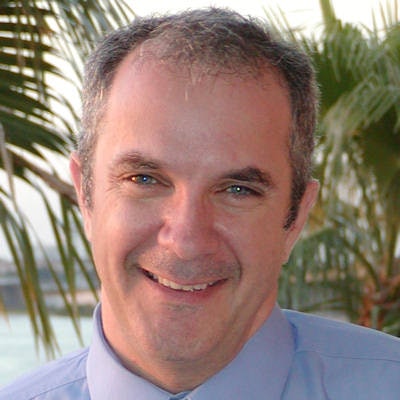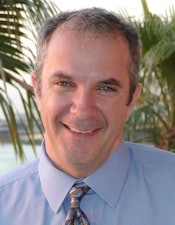
Many dental practices can appear very busy, but over the years, when I have drilled down into my client's numbers (pardon the pun), I have found many were underproducing by as much as 40% or more based on their production capacity. For a practice to produce at the highest level it is capable of, the key has everything to do with your staff and your skills in leading and managing them.
The practice owner
 Kevin Tighe is a managing partner at Cambridge Dental Consultants.
Kevin Tighe is a managing partner at Cambridge Dental Consultants.From a management viewpoint, the biggest problem in most dental offices is the practice owner. Why? Because most dentists want to be Dr. Nice with their staff. This translates into an avoidance in dealing with staff situations, which then fester and eventually blow up while production suffers.
The skill most practice owners need most is not how to book an appointment, verify insurance, or confirm appointments. While these and other systems are vital, what practice owners are mostly missing are the skills needed to create a team of willing and responsible staff who take initiative.
The Dr. Nice syndrome ties right into another production killer ...
Disagreements
Have you ever walked into a restaurant or any other business and noticed employees who didn't get along? How did it make you feel? Probably like turning around and getting the heck out of there.
I recently received a call from a dentist who was at his wits' end about an ongoing conflict between two of his staff members. Short of locking the two in a room and throwing away the key, he was at a loss as to what to do. I told him he didn't need to anything.
"Are you kidding? I'm pulling my hair out here," he said.
“The biggest problem in most dental offices is the practice owner.”
I took a deep breath.
"I understand, but there's a much bigger problem in your practice," I said.
"What could be a bigger problem than this?" he growled.
I took an even bigger breath.
"The problem is you."
Sound familiar? Anyway, that knocked him for a loop. Then it began to sink in. He was the one who had allowed a skirmish to turn into all-out warfare by letting it smolder.
No weak links
Dental practices are considered to be a small business in terms of how many staff members are employed. Therefore, no dental practice can afford any weak links if that practice is to operate at high level of efficiency, productivity, and profitability.
All your staff must "have your back." There are no in-betweens. When a practice owner fears getting rid of an employee or thinks the employee is irreplaceable, staff sense the fear, and some will try to take advantage.
Noncompliance
When staff do not follow even the most common-sense policies, this is a breakdown in either the practice's hiring protocol or the practice owner's leadership and management skills.
Staff noncompliance is a sure sign of poor leadership. It is vital for practice owners to identify what management and leadership skills they lack and take action to remedy any deficiencies, such as poor communication skills or a tendency to micromanage staff.
I have found a properly designed morning huddle is a key management tool to assist in getting staff to follow through on vital tasks. This is where staff members are held accountable. Key numbers are reviewed. The day and week are gone over as to how on or off target the practice is for the monthly goals, as well as task assignments, targets, and even quotas. With a proper format and form, the huddle should take no longer than 10 to 15 minutes.
Part two of this series will address four key management strategies.
Kevin Tighe is a managing partner at Cambridge Dental Consultants. He can be reached at [email protected].
The comments and observations expressed herein do not necessarily reflect the opinions of DrBicuspid.com, nor should they be construed as an endorsement or admonishment of any particular idea, vendor, or organization.



















